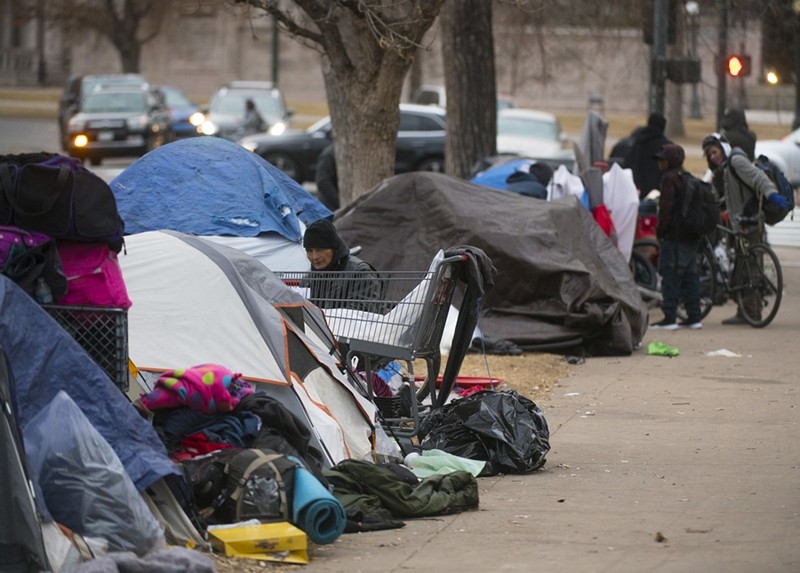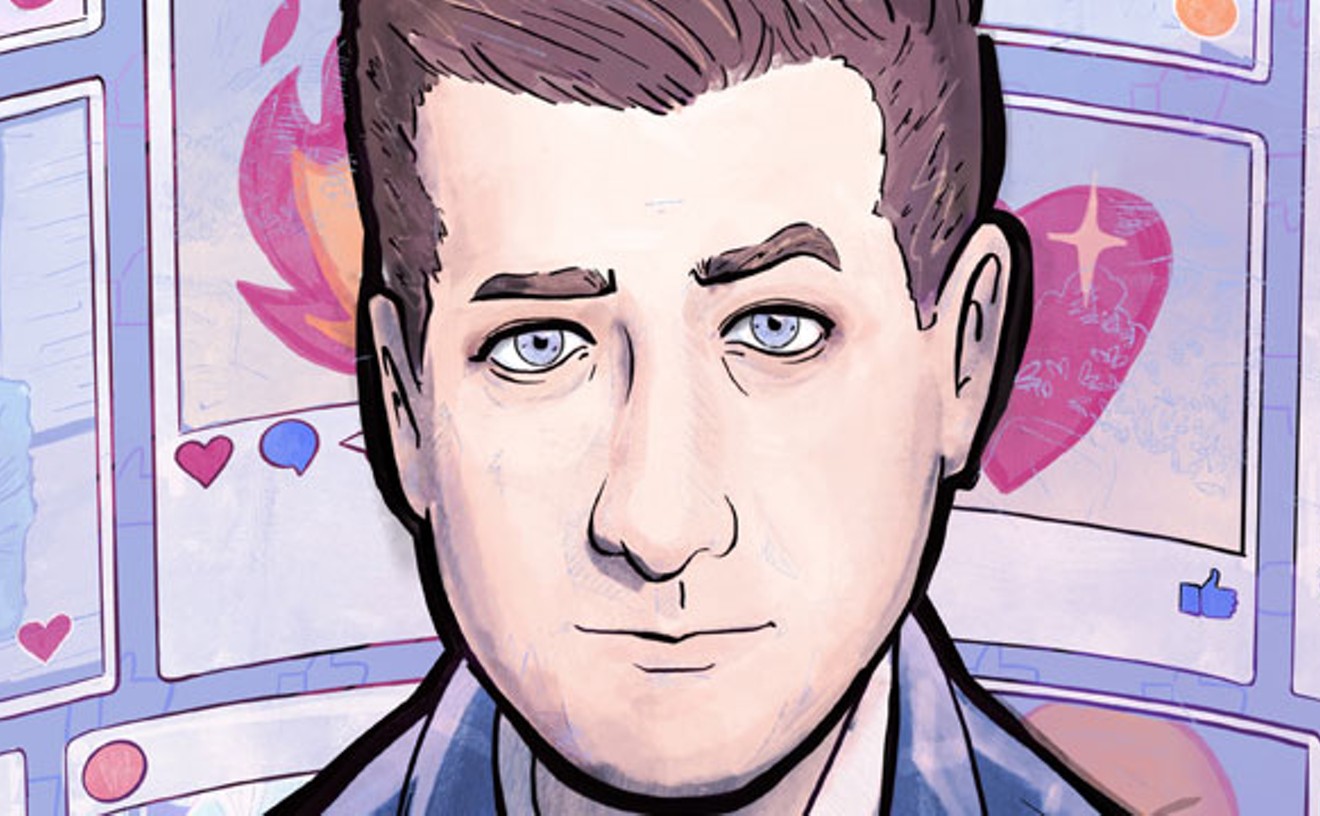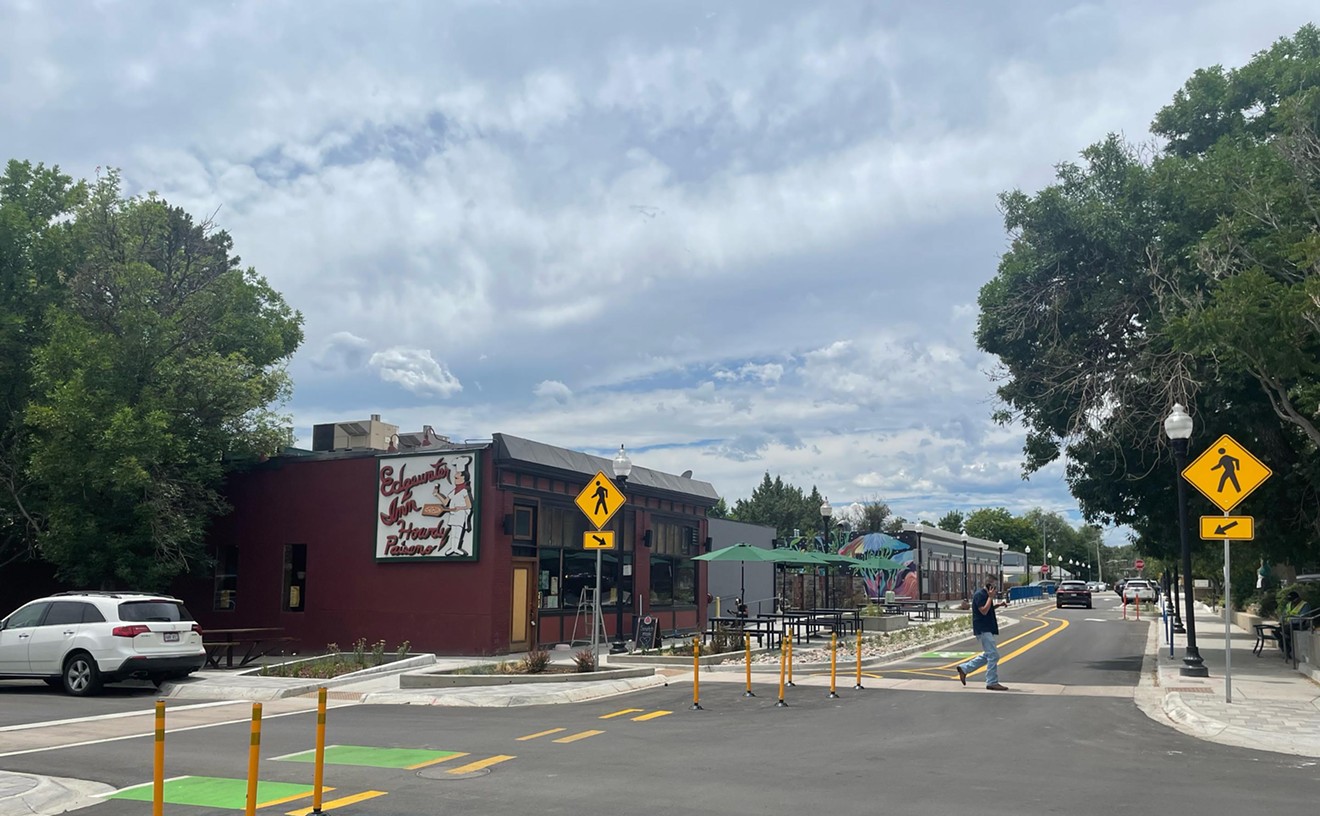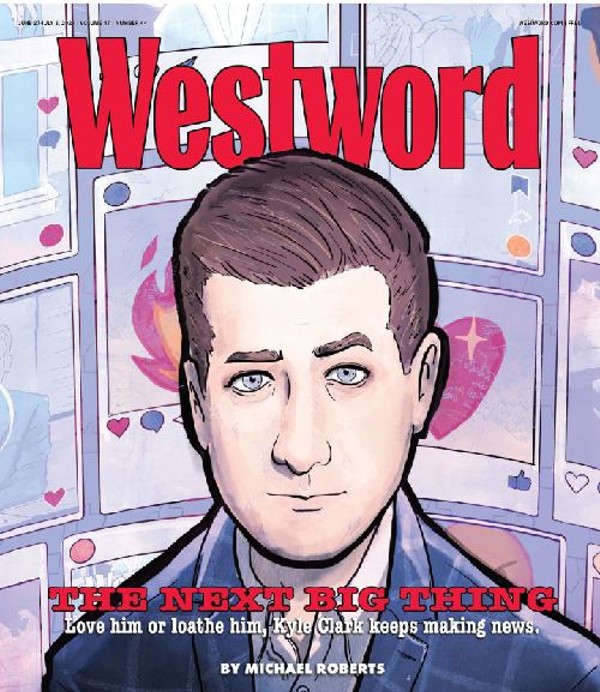In a 6-3 decision issued on Friday, June 28, the Supreme Court ruled that camping bans, which restrict sleeping in public places and most often affect homeless residents, don't violate the Eighth Amendment prohibiting cruel and unusual punishment.
"This is the first major case on homelessness to be heard by the Supreme Court since the 1980s," according to the National Alliance to End Homelessness. "Under the ruling, localities will be able to arrest, ticket and fine people for sleeping outdoors on public property."
Grants Pass — a small city in southwest Oregon with 38,000 residents, about 600 of whom are homeless — lost a class-action lawsuit filed in 2018 to end its camping ban. The ban allowed the city to fine anyone sleeping outside and send them to jail after repeat offenses, with the original lawsuit filed on behalf of the city's homeless population.
The 9th Circuit Court of Appeals backed up the initial decision, but Supreme Court judges disagreed, ruling that "enforcement of generally applicable laws regulating camping on public property does not constitute 'cruel and unusual punishment' prohibited by the Eighth Amendment," according to the decision.
The 9th Circuit Court of Appeals backed up the initial decision, but Supreme Court judges disagreed, ruling that "enforcement of generally applicable laws regulating camping on public property does not constitute 'cruel and unusual punishment' prohibited by the Eighth Amendment," according to the decision.
The Supreme Court decision acknowledges "many cities across the American West face a homelessness crisis," and Denver is not immune, with more than 9,000 homeless residents in the metro area, according to the federal Department of Housing and Urban Development's Point in Time Count. Across the state, Colorado is home to more than 14,000 homeless residents, according to the Colorado Coalition for the Homeless.
Colorado's biggest cities have camping bans, including Denver, Aurora and Colorado Springs. Denver passed its camping ban in 2012; the city arrested three people and issued 45 citations for violating it during its first ten years on the books.
When Denver Mayor Mike Johnston took office last year, ending homelessness was a cornerstone promise. So far he's brought more than 1,600 people into city shelters and micro-communities through his All In Mile High program, per city data. At the same time, the city has been enforcing the camping ban to move homeless encampments during his administration.
The Grants Pass decision won't change the strategy in Denver, the mayor's office assures.
"Nothing has changed in our approach or commitment to addressing homelessness through dignity and support as part of the All In Mile High effort," says Jose Salas, a spokesperson for Johnston's office. "We do not need the U.S. Supreme Court's guidance to know the right way to address homelessness is through compassion and humanity. In Denver, we believe people should sleep in their own beds, not street corners."
Colorado's biggest cities have camping bans, including Denver, Aurora and Colorado Springs. Denver passed its camping ban in 2012; the city arrested three people and issued 45 citations for violating it during its first ten years on the books.
When Denver Mayor Mike Johnston took office last year, ending homelessness was a cornerstone promise. So far he's brought more than 1,600 people into city shelters and micro-communities through his All In Mile High program, per city data. At the same time, the city has been enforcing the camping ban to move homeless encampments during his administration.
The Grants Pass decision won't change the strategy in Denver, the mayor's office assures.
"Nothing has changed in our approach or commitment to addressing homelessness through dignity and support as part of the All In Mile High effort," says Jose Salas, a spokesperson for Johnston's office. "We do not need the U.S. Supreme Court's guidance to know the right way to address homelessness is through compassion and humanity. In Denver, we believe people should sleep in their own beds, not street corners."
Andy McNulty, the lawyer who helped force a seven-day notice for sweeps in Denver through a 2019 agreement known as the Lyall settlement, says that "people's rights, including houseless people's right to exist in public, are being continuously stripped away by a right-wing and outright fascist Supreme Court, and Grant's Pass is just the latest example."
The decision "has no effect on the Lyall settlement or the obligations it imposed on Denver," McNulty assures. Homeless residents within the City of Denver will still have the right to a seven-day notice should Denver decide to rev up camping ban enforcement.
"Because of the homelessness rights enshrined in the Lyall settlement, houseless folks in Denver now have more legal rights than nearly anywhere else in the country," McNulty says. "We will continue to enforce those rights should Denver be emboldened by the Grants Pass decision to violate houseless folks' rights."
Aurora passed its camping ban in 2022 and is now taking on what Mayor Mike Coffman calls a "tough love" approach. On Monday, June 24, Aurora City Council passed a law that eliminates 72-hour warning periods for sweeps in certain areas, mostly along Interstate 225, and will allow camps to be swept immediately. The ordinance passed alongside the creation of a specialty court to put homeless people in touch with services while charging them with misdemeanors for trespassing.
Deborah Richardson, executive director of the American Civil Liberties Union of Colorado, says in a statement that the Supreme Court decision will "imperil lives" but that the ACLU will continue "our advocacy for the rights of unhoused Colorado residents.
"As housing costs in Colorado continue to rise, state and local governments have a duty to explore, implement and steward solutions that address the root causes of homelessness," Richardson adds. "We expect the Colorado courts to come to the correct conclusion under our state constitution: Jailing people for sleeping outside when they have no other choice is cruel and unusual punishment.”
“Anti-camping and lodging ordinances result in citations, arrests and forced displacement for the inescapably human act of taking up space," adds Terese Howard, lead organizer for Housekeys Action Network Denver, which advocates for local homeless residents. "These ordinances cause essential belongings, including items necessary to basic human survival, to be confiscated and destroyed. And they severely curtail people’s ability to pursue economic and housing security.”
In the majority opinion, Judge Neil Gorsuch, a Colorado native, argues that the Eighth Amendment is a "poor foundation" for trying to outlaw camping bans. He points out that Grants Pass issues tickets and only bans people from camping after repeat offenses. Violating that camping ban then leads to thirty days in jail and a large fine, but "none of the city's sanctions qualify as cruel," he writes.
"The Constitution’s Eighth Amendment serves many important functions, but it does not authorize federal judges to wrest those rights and responsibilities from the American people and in their place dictate this nation’s homelessness policy," Gorsuch writes. "People will disagree over which policy responses are best...but in our democracy, that is their right."
Justices Sonia Sotomayor, Elena Kagan and Ketanji Brown Jackson opposed the decision. In the dissenting opinion, Sotomayor writes that "sleep is a biological necessity, not a crime. For some people, sleeping outside is their only option."












